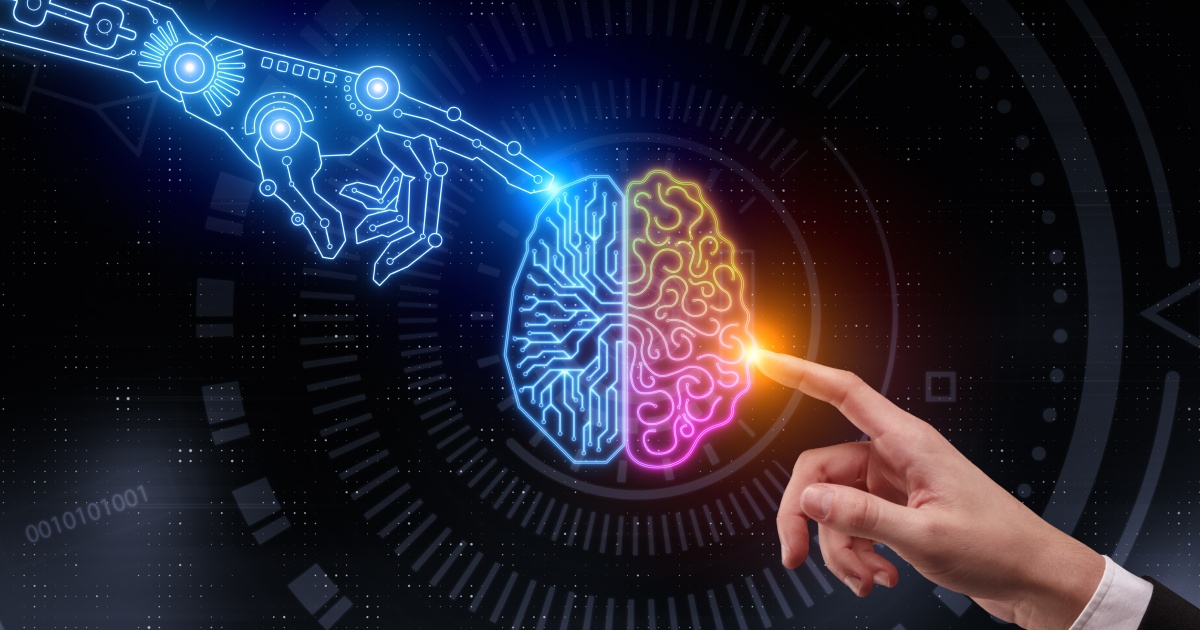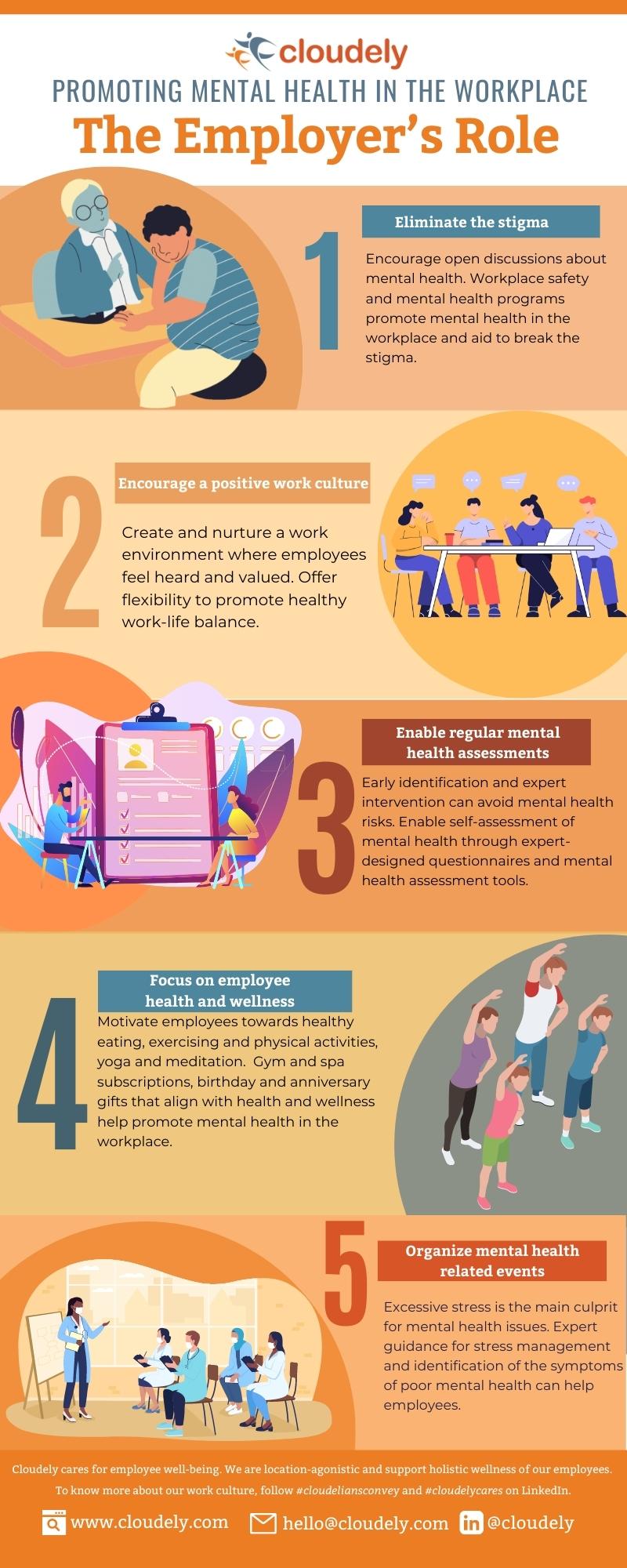
Revolutionizing HR: The Impact of Artificial Intelligence on Human Resources
The integration of artificial intelligence (AI) into human resources processes marks a transformative shift in the way organizations manage their workforce. From recruitment to employee engagement, AI is revolutionizing HR practices, streamlining operations, and enhancing decision-making. This article explores the profound impact of artificial intelligence in HR and its implications for organizational success.
Automating Recruitment Processes for Efficiency
AI-driven tools have redefined the recruitment landscape, automating mundane tasks and significantly expediting the hiring process. Resume screening, candidate matching, and even initial interviews can now be efficiently handled by AI, allowing HR professionals to focus on more strategic aspects of talent acquisition. This not only saves time but also enhances the precision of candidate selection.
Enhancing Candidate Experience with AI-driven Insights
Artificial intelligence contributes to a more personalized and engaging candidate experience. Chatbots powered by AI provide instant responses to candidate queries, offer insights into company culture, and guide applicants through the application process. This heightened level of engagement can positively influence a candidate’s perception of the company, even before joining.
Facilitating Data-Driven Decision-Making in HR
The abundance of data in HR processes can be overwhelming, but AI excels at transforming data into actionable insights. Machine learning algorithms analyze vast datasets to identify trends, predict employee turnover, and recommend strategies for talent retention. HR professionals can make informed decisions backed by data-driven insights, contributing to more effective workforce management.
Personalizing Employee Training and Development
AI-driven systems enable personalized learning paths for employees based on their individual skills, preferences, and performance. Adaptive learning platforms leverage machine learning to understand each employee’s strengths and weaknesses, delivering tailored training content. This not only enhances professional development but also contributes to a more skilled and motivated workforce.
Streamlining HR Operations with Chatbots
Chatbots powered by AI have become invaluable tools for streamlining HR operations. They handle routine inquiries, benefits administration, and even employee onboarding processes. This automation not only improves efficiency but also ensures consistent and prompt communication, fostering a positive experience for employees at every stage of their journey.
Performance Management and Feedback Optimization
AI plays a crucial role in optimizing performance management and feedback processes. Continuous feedback systems powered by AI provide real-time insights into employee performance, allowing for timely interventions and personalized coaching. This dynamic approach to performance management contributes to a culture of continuous improvement within the organization.
Ensuring Fairness and Bias Mitigation
One of the notable challenges in HR is the potential for bias in decision-making. AI systems, when designed and implemented thoughtfully, can contribute to fairness and bias mitigation. Algorithms can be programmed to focus on objective criteria, reducing the likelihood of subjective biases in recruitment, promotions, and performance evaluations.
Navigating Change Management with AI
The introduction of AI in HR requires a strategic approach to change management. Employees may have concerns about job security and the impact of automation on their roles. Effective communication, transparency about the benefits of AI, and upskilling opportunities can help organizations navigate the cultural shift and ensure a smooth integration of AI in HR processes.
Cybersecurity Measures for AI in HR
As AI systems handle sensitive employee data, ensuring robust cybersecurity measures is paramount. HR departments must collaborate with IT teams to implement secure protocols, encryption methods, and regular audits to safeguard employee information. Cybersecurity diligence is essential to maintain trust and compliance with data protection regulations.
Linking BusinessInc for AI-powered HR Transformation
To explore the transformative impact of Artificial Intelligence in HR, visit BusinessInc. Integrating AI into HR practices not only enhances efficiency but also positions organizations for agility, innovation, and sustained success in the ever-evolving landscape of human resources.


